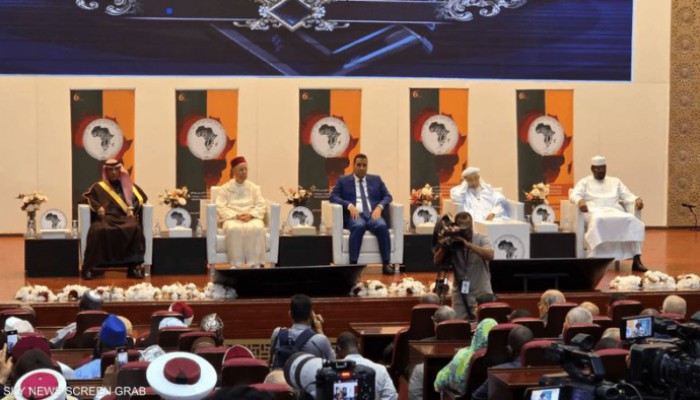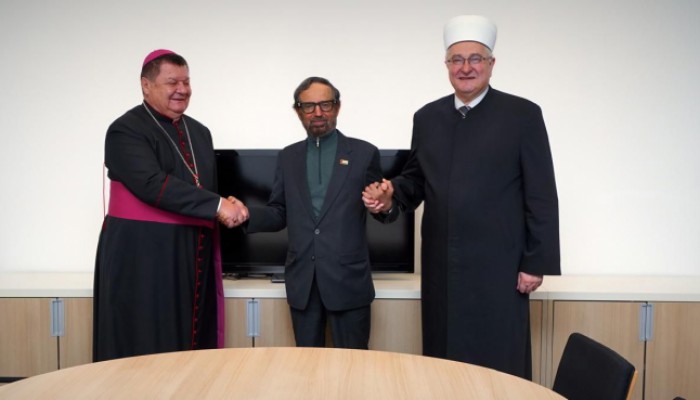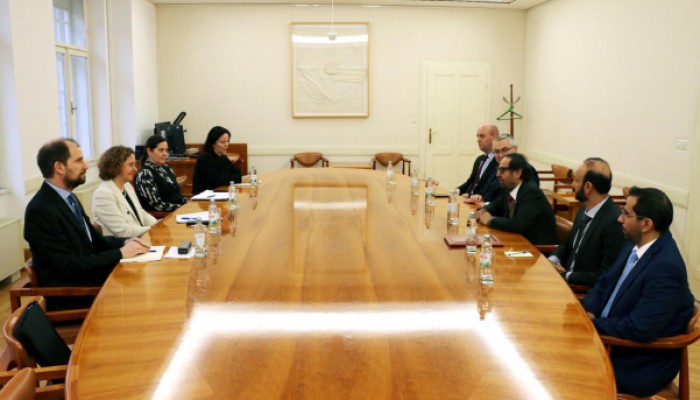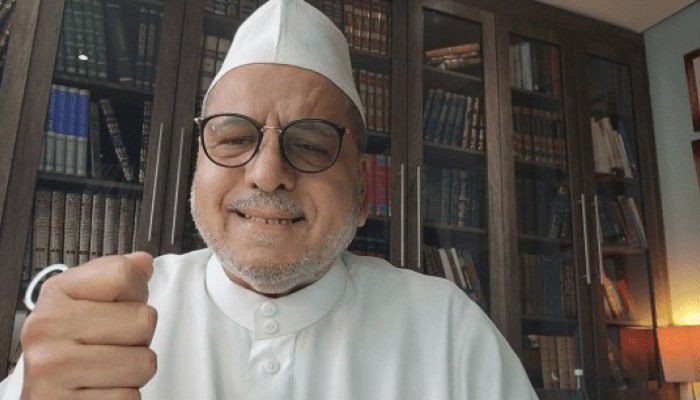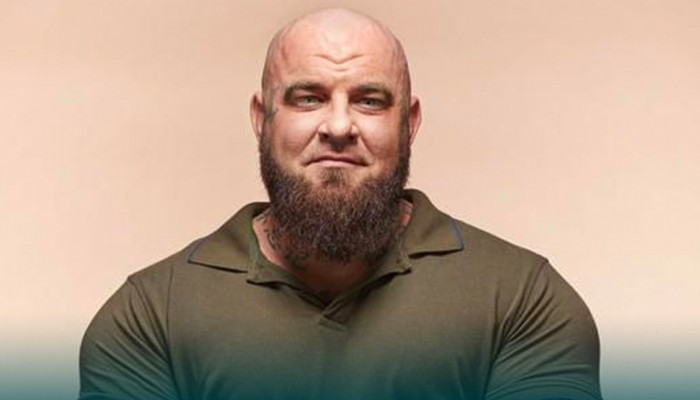
Robbie Hamza Maestracci: I Became New Person After I Was Criminal
- 2022-Apr-23
As part of the daily Ramadan episodes, The World Muslim Communities Council organized, on Friday, April 22, 2022, a virtual episode in the "Achievers and Contributors" series, during which Robbie Hamza Maestracci, Prison Chaplain for Islamic Council of Queensland, Australia, spoke via the Council's social media pages.
Maestracci said that he grew up in a poor area in New Jersey in the United States of America, where drugs and gangs are rampant, and he came to the point that he became addicted to drugs at the age of 13.
The Prison Chaplain for Islamic Council of Queensland, Australia, added that he was living aimlessly, committed suicide more than once, until he met a group of Muslims in the gym where he was training. He was impressed by their lifestyle and began to think seriously about Islam.
Maestracci explained that he converted to Islam in 2012, then returned home and got rid of the drugs that he had in his possession, and began to think about the grace of Allah and the blessing of Islam.
Maestracci indicated that he became another person, and worked as a prison chaplain for Islamic Council of Queensland, Australia, after he was a criminal, and began teaching prisoners how to become new people, and helping addicts to leave it, in addition to teaching them the principles of Islam, thanking Allah Almighty who kept him away from sins and made him an inspiring person to the people around him. .
The World Muslim Communities Council is an international non-governmental organization, headquartered in the UAE capital Abu Dhabi. It is considered a think tank to rationalize organizations and societies working in Muslim societies, renew their thinking and improve their performance in order to achieve one goal; The integration of Muslim societies in their countries, in a way that their members realize the perfection of citizenship and complete affiliation with the Islamic religion. The council seeks, through holding dozens of virtual conferences, seminars and activities, to localize the concepts of religious, ethnic and cultural pluralism, in a manner that preserves human dignity and respect for his beliefs, and establishes the values of moderation, dialogue, tolerance and belonging to the homelands.




